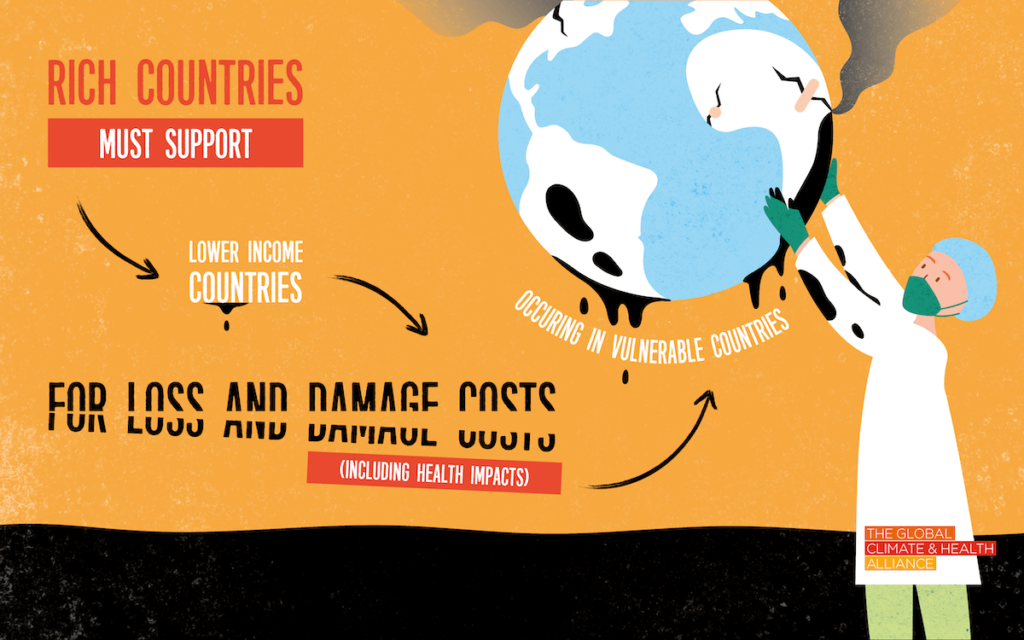
COP27 success hinges on two issues: agreement to establish loss and damage finance; and commitment to an equitable phase-out of all fossil fuels
As Governments released a new COP27 draft cover text today, as they continue to work towards final agreements, two issues that have dominated this COP remain unresolved: funds for countries that have experienced the greatest impacts of climate change, referred to as finance for Loss and Damage; and mitigation, which includes safeguarding the commitment to limit warming to 1.5C and agreeing that all fossil fuels must be phased out.
Ten-year old poet Nakeeyat Dramani of Ghana gave an impassioned statement on the floor of the COP27 negotiations, calling on governments and negotiators to live up to their responsibilities and give her generation a livable planet. In doing so, she captured these two key issues emphasizing the “payment overdue” for damages already being sustained by countries that did not cause the climate crisis, and calling for limiting warming to 1.5C because of the dire, existential consequences if that limit is exceeded.
“As the hours tick by, there is still time for wealthy nations at COP27 to agree to the long-overdue Loss and Damage finance – indeed, without agreement, all other aspects of the negotiations may crumble”, said Jeni Miller, Executive Director of the Global Climate and Health Alliance. “Slowing progress on mitigation would be devastating – to all nations. Governments must step forward to take historic decisions in the coming hours that would re-establish international trust, by meeting the rightful demands of impacted low income countries for Loss and Damage funding; by safeguarding the goal of limiting global warming to 1.5C without overshooting; and by committing to an equitable phase out of all fossil fuels.”
“Many developing and vulnerable countries have long faced the worst impacts of climate change, including extreme weather, droughts, extreme heat, sea level rise and flooding, and the many follow-on effects despite contributing little to the problem”, said Miller. “The demand for payment for loss and damage is not only justified, it is necessary for enabling them to care for the health of their people when these impacts occur. Loss and Damage funding must come alongside strengthening – not weakening – mitigation commitments agreed in Glasgow.”
“The success of COP27 hinges on two issues: agreement to establish loss and damage finance; and a commitment to an equitable phase out of all fossil fuels”, she concluded.
Contact:
For interviews with health professionals during COP27, contact Dave Walsh, Communications Advisor, Global Climate and Health Alliance, +34 691 826 764 (Europe) – [email protected] is checked regularly.
About GCHA
The Global Climate and Health Alliance is the leading global convenor of health professional and health civil society organizations addressing climate change. We are a consortium of health organizations from around the world united by a shared vision of an equitable, sustainable future, in which the health impacts of climate change are minimized, and the health co-benefits of climate change mitigation are maximised.
Find out more: https://climateandhealthalliance.org/about/

